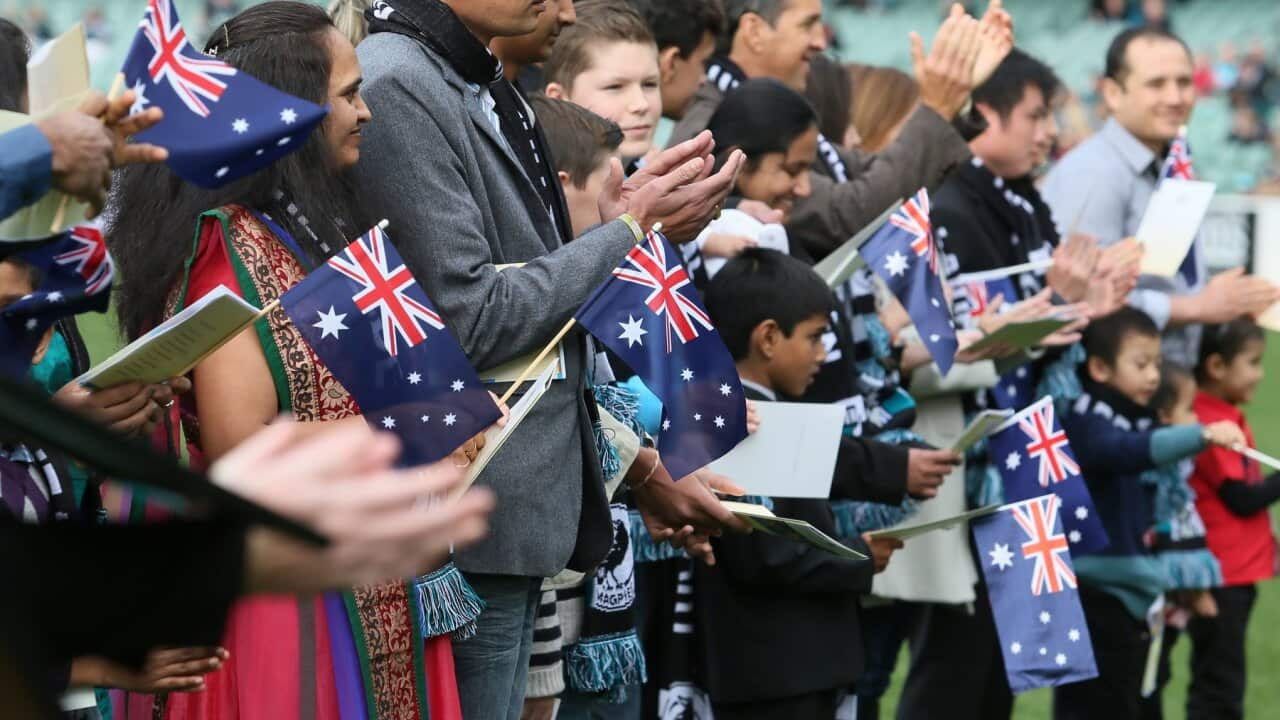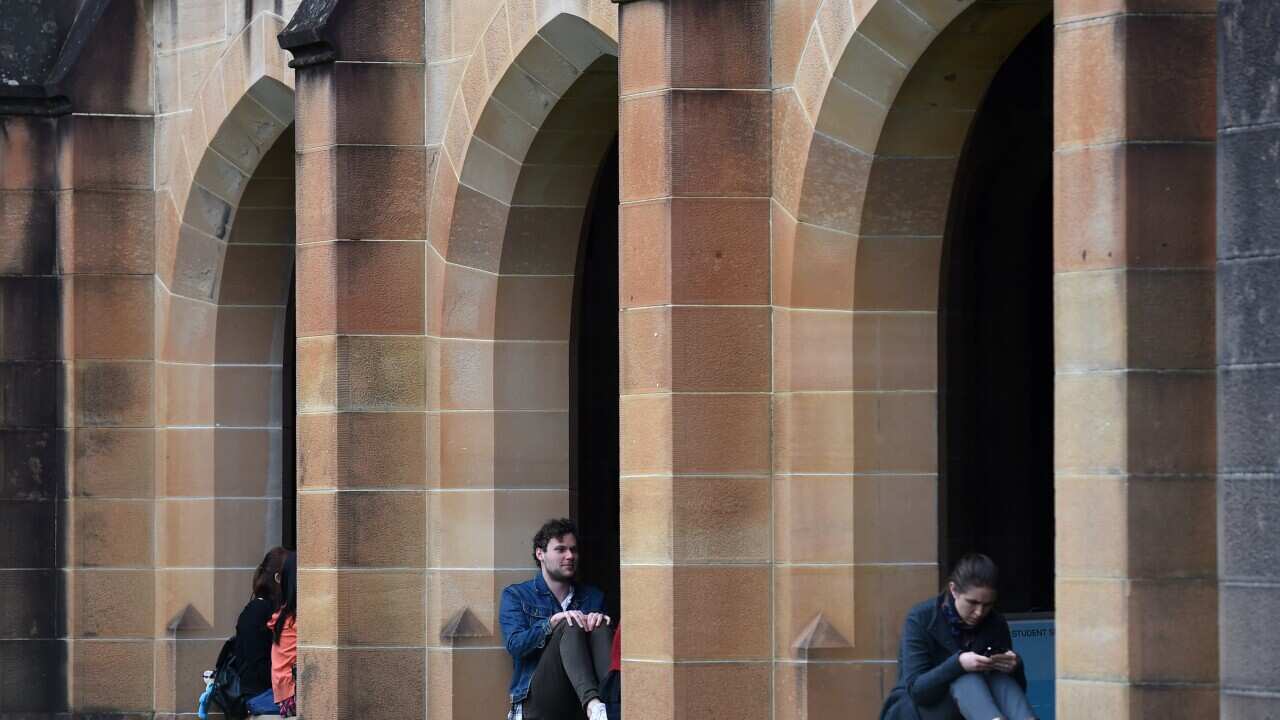The High Court has ruled Aboriginal Australians cannot be considered "aliens" under the constitution, presenting a major hurdle to the deportation of two men.
The four-three majority decision is a big victory for New Zealand-born Brendan Thoms, who had been fighting against deportation after serving time in prison.
However, the court was unable to agree as to whether Papua New Guinea-born Daniel Love is Aboriginal, casting some continued uncertainty over his case.
Neither man holds Australian citizenship, but both identify as Indigenous, and each has one Australian parent.
Each had an Australian visa until it was cancelled in 2018 - after the two men were jailed for serious crimes.
Claire Gibbs, a lawyer acting on behalf of the men, addressed the media following the landmark decision, stating: "This case isn’t about citizenship, it is about who belongs here."
“What this means, and what the real significance of this case is, is that Aboriginal people, regardless of where they are born, will have protection from deportation," she said.
In a statement, acting Immigration Minister Alan Tudge said the Department of Home Affairs is considering methods to review other cases which may be impacted.
"The High Court delivered a significant judgment today which has implications for our migration programs," he said.
"Both men are citizens of other countries and entered Australia on valid visas, which were mandatorily cancelled under the character provisions in the Migration Act 1958, due to their significant criminal histories.
"On the face of it, it has created a new category of persons; neither an Australian citizen under the Australian Citizenship Act, nor a non-citizen. The Government is currently reviewing the decision and its implications.
"This may have implications for both the operation of the Australian Citizenship Act and the Migration Act."
Mr Thoms, a citizen of New Zealand, was on Tuesday released from immigration detention following the court's ruling.
Mr Love, a citizen of Papua New Guinea, had previously been released in September 2018.
Last year barrister for the two men, Stephen Keim SC, invoked the case of Mabo which acknowledged the history of Indigenous dispossession.
"To remove Aboriginal Australians from the country would be another, if not worse, case of dispossession," he said.
The pair say their Aboriginality - by descent, self-identification and community acceptance - is bolstered by their longstanding residence in Australia.
Michelle Foster, director of the University of Melbourne’s Peter McMullin Centre on Statelessness, told SBS News the decision was “enormously significant”.
“It's the first time that the High Court has said that there are some limits on the Commonwealth power to define who is an ‘alien’ within the constitution,” she said.
“Up until today, it has always been the case that the High Court has said that the Commonwealth Parliament can define essentially who is an ‘alien’.
But Professor Foster said it was unlikely the decision would lead to sweeping rule changes because there was a “particular context” to this case.
“Aboriginal Australians have a very particular connection with Australia with the land, which was really integral to this decision,” she said.
Professor of Public Law at the University of Sydney and migration agent Mary Crock agreed that it was unlikely the decision would have significant ramifications beyond cases of Indigenous Australia people born overseas but added that it essentially created a "third status" beyond citizen or non-citizen alien.
"I think the situation of Indigenous Australians is quite unique, relative to notions of citizenship," she said.
"This is a coming of age decision for the Australian courts".
The men are seeking damages for false imprisonment after being placed in immigration detention pending their deportation.
Additional reporting: Maani Truu











